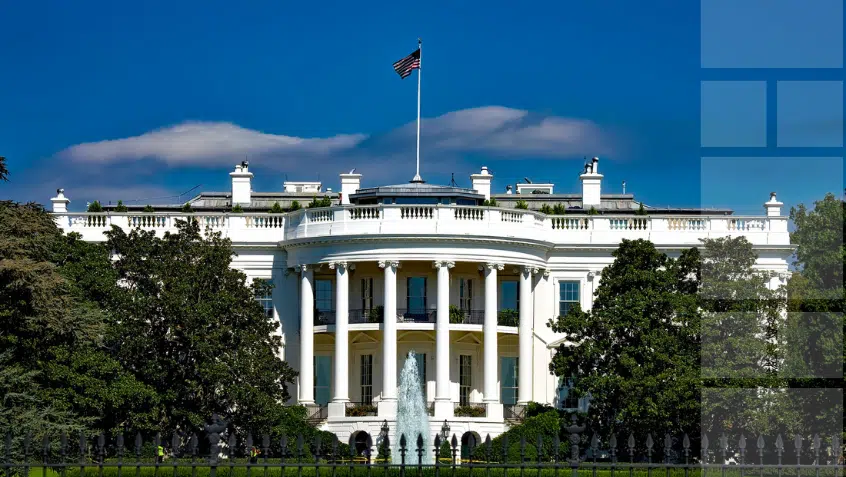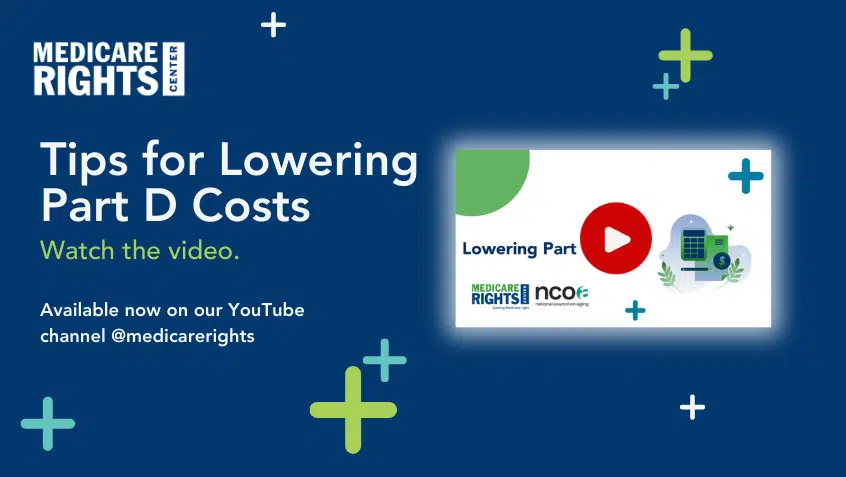Join Us Live for a Discussion on Medicare, Democracy, and the Future of Health Care
Medicare Rights Supports Efforts to Improve Medicaid and MSP Enrollment and Retention

This week, the Medicare Rights Center submitted comments in response to a proposed rule that would ease enrollment into and retention of Medicaid, Medicare Savings Programs (MSPs), and related programs like the Children’s Health Insurance Program (CHIP). If finalized, the rule would bring state and federal processes more in line and would reduce churn—enrollees losing eligibility because of procedures that create obstacles to staying enrolled. These changes are particularly needed in light of the looming end of the COVID-19 public health emergency (PHE), which will impact Medicaid eligibility for many.
Currently, some enrollees of Medicaid programs, often the 12 million people who are dually eligible for Medicaid and Medicare, must complete paperwork as often as once per quarter to retain their coverage. Such paperwork can often be difficult to fill out, requiring details, especially on assets, that some enrollees may find hard to provide. As a result, these redeterminations cause the unnecessary loss of Medicaid coverage.
The proposed rule would reduce churn by limiting redeterminations of Medicaid eligibility to once a year. In addition, it would curtail the amount of information applicants and enrollees would have to provide by leveraging other sources of information, such as data from Social Security.
Administrative barriers like too frequent redeterminations and burdensome paperwork often affect people enrolled in MSPs, which help cover Medicare costs for low-income beneficiaries. The MSP enrollment process is notoriously complex. This likely contributes to widespread under-enrollment; an estimated 40% of those who are eligible—2.5 million people—are not enrolled.
The end of the PHE will create coverage risks for millions of Medicaid, CHIP, and MSP enrollees. Currently, people who were enrolled in Medicaid at the beginning of the pandemic are likely still enrolled. In 2020, Congress put limits on states curtailing coverage for those individuals. These limits only last while the PHE remains in place. The PHE is likely to expire next year, at which point states will begin the process of redetermination for all Medicaid enrollees.
At Medicare Rights, we welcome the proposals that would be particularly important for dually eligible individuals. We will also continue to urge states to join New York and others in increasing income and asset thresholds for MSP and Medicaid eligibility to help older adults and people with disabilities gain and maintain coverage, protect their health and finances, and thrive.
Read our comments on the proposed rule.
Show Comments
We welcome thoughtful, respectful discussion on our website. To maintain a safe and constructive environment, comments that include profanity or violent, threatening language will be hidden. We may ban commentors who repeatedly cross these guidelines.
Help Us Protect & Strengthen Medicare
Donate today and make a lasting impact
More than 67 million people rely on Medicare—but many still face barriers to the care they need. With your support, we provide free, unbiased help to people navigating Medicare and work across the country with federal and state advocates to protect Medicare’s future and address the needs of those it serves.
The Latest
Most Read
Add Medicare to Your Inbox
Sign up to receive Medicare news, policy developments, and other useful updates from the Medicare Rights.
View this profile on InstagramMedicare Rights Center (@medicarerights) • Instagram photos and videos









